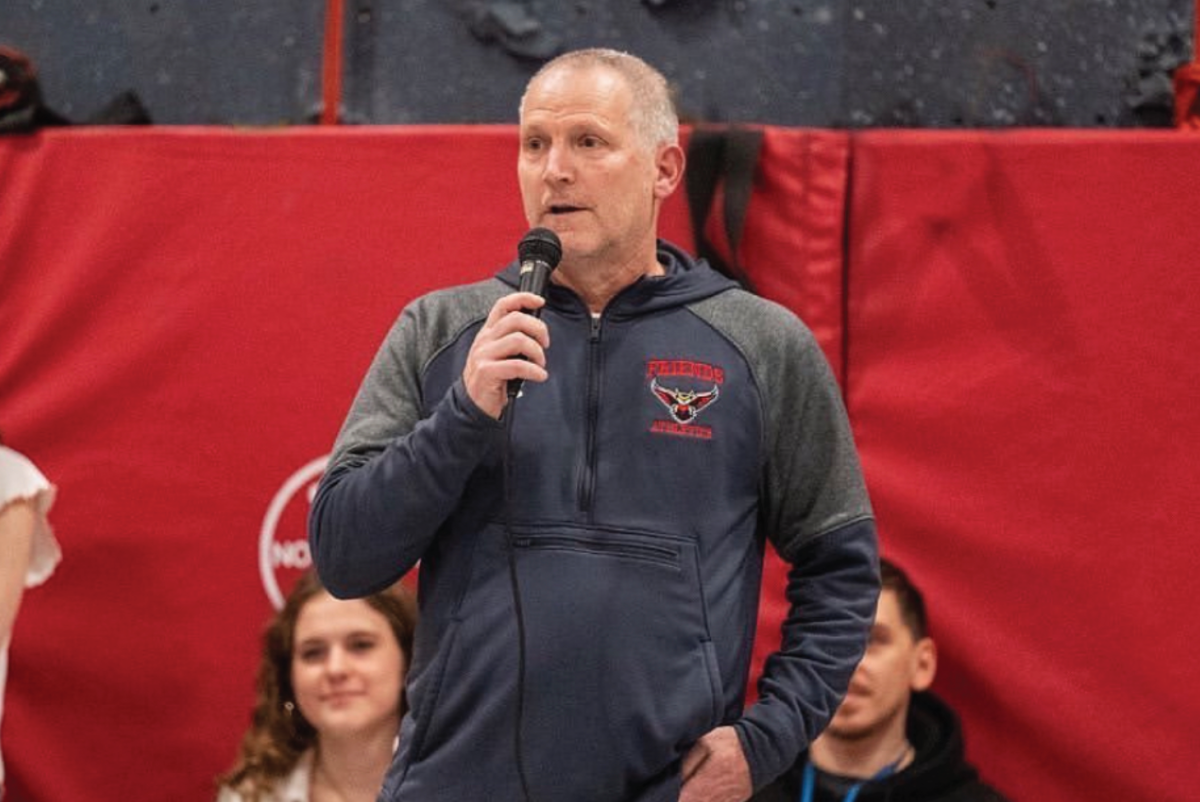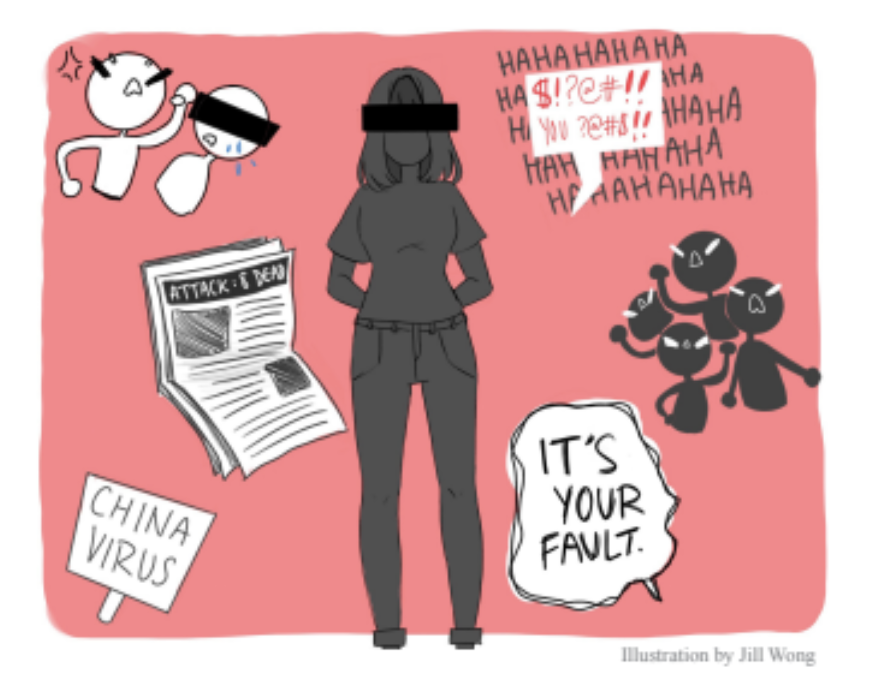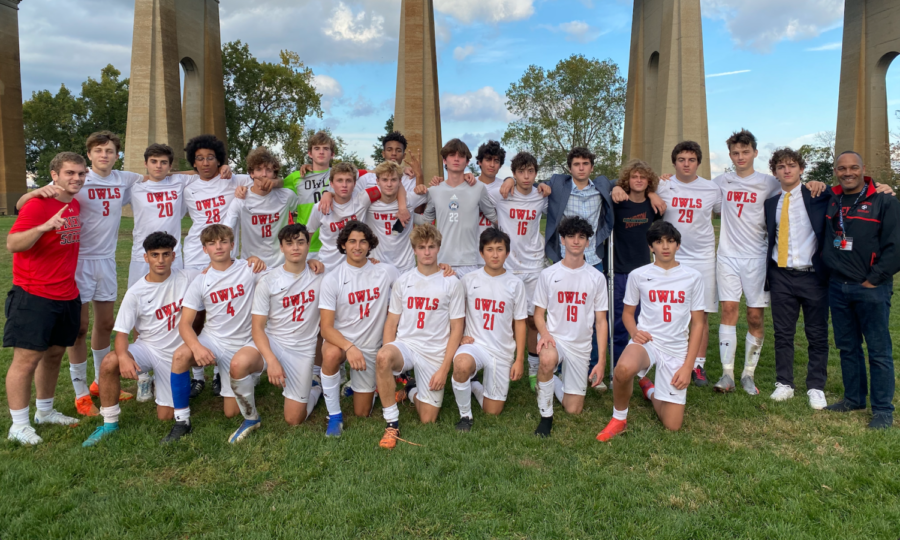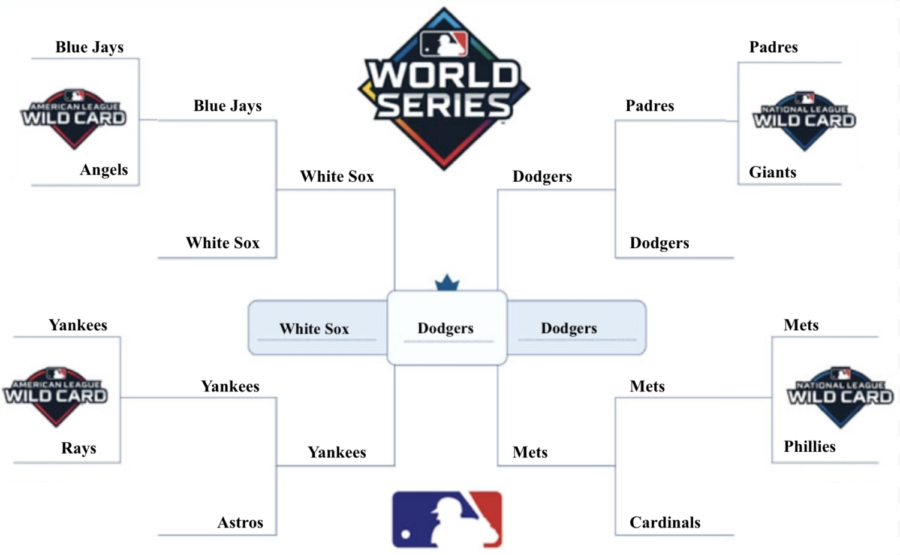Corporate ethics have long been a topic of debate and frustration in the U.S. In recent years, consumers have been enraged by Apple’s connections with exploitative child labor, the PGA’s surrender to the Saudi-funded LIV, oil companies’ ongoing climate injustices, and a host of other issues. Although we don’t always back our moral objections with spending choices, we all agree that corporations have some moral responsibilities. Yet the Israel-Hamas war has brought on a new form of corporate activism that has huge implications for the future of corporate America’s ethical culture.
Soon after Hamas’s October 7 attack, companies from just about every sector began issuing statements. Within a week, Microsoft offered a statement to “condemn this hatred and brutality,” with the NBA, Pfizer, and dozens of other household names similarly expressing their grief and condemnation.
But as denunciations and expressions of grief came in from Peloton, Sweetgreen, Verizon, and hundreds of other companies, I began to wonder: are these statements driven by genuine concern, or by pragmatic public relations considerations? I don’t mean to question the validity of the message — Hamas’s attack was undeniably evil. Rather, I’m suspicious of companies’ motives. Once a precedent of companies speaking out is set, remaining silent sends as much of a message as issuing a statement. It seems that companies feel an element of FOMO (fear of missing out), and race to replicate their peers’ messages, lest they seem apathetic toward the violence or even supportive of Hamas. However, this desire to avoid public outrage and hide in the pack often produces statements that feel cookie-cutter and, well, corporate.
The hollowness of these messages made me question whether companies should be obligated to comment on geopolitical issues. I’m not discouraging corporate activism and political engagement; On the contrary, I admire the few companies that went beyond words and took action to ease suffering in the Middle East. Delta Airlines offered to help the U.S. Government fly citizens to safety, and McDonalds and Burger King both faced backlash for donating free meals to Israelis shortly after the attack. Equally admirably, Walmart donated one million dollars to the United States Holocaust Memorial Museum to support outreach and education programs. These contributions might not be truly altruistic, as they too have publicity implications for their companies, but regardless of intent, these companies backed their words with actions and actually made an impact.
But why do companies, like a politician extending painfully ineffective “thoughts and prayers” after a mass shooting, put out generic statements but fail to put their money where their mouths are? The trend of companies rushing to add their political statements to the pile following tragedies is relatively new, and is facilitated by the convenience of social media. The first example I can remember is the backlash after the 2020 killing of George Floyd, when many of the same companies that chimed in this October denounced the murder and called for an end to police brutality and institutional racism. Again, a noble and indisputable argument that was undermined by general corporate inaction.
I see a dangerous future for this new corporate environment where firms are pressured to weigh in on the big issues. Who gets to decide which issues warrant a popular response? Should companies comment on the humanitarian situation in Gaza? Or the Uyghur genocide in China? How about immigration, gun control, abortion, or any other hot topic? In a world where geopolitical statements are expected, companies’ choices on which issues to comment on and which to ignore would reveal biases and blindspots.
But should schools like Friends also be exempt from issuing geopolitical statements? College campuses have been a battleground for pro- and anti-Zionist activists, and many college administrations have been critiqued for their silence. Harvard’s president came under fire for failing to quickly denounce a student coalition’s callous, Hamas-apologist letter which, released only a day after the terrorist attack, held Israel “entirely responsible for all the unfolding violence.” In this case, I view the school’s silence as inappropriate. Although student organizations may not speak for the administration, Harvard had an obligation to address hateful or insensitive speech. More generally, as spaces for discourse and activism, schools have more reason to speak up than do corporations. As a Quaker institution, Friends has an especially heightened responsibility. But still, Friends is not a political entity, so the line of where we should or shouldn’t address issues is murky. Regardless of when we deem it necessary to make statements, I hope Friends can, unlike corporate America, prioritize action over words and provide students with opportunities to engage in concrete activism to “bring about a world that ought to be.”





















